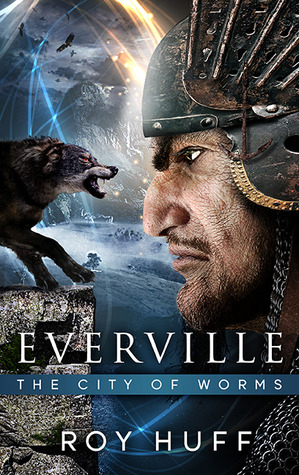I know that a lot of authors worry that negative reviews
will affect their sales…well…negatively. I have found that not to be the case.
My books are still selling steadily, even with a few one-star reviews. I have
seen books that remained on the best-sellers list in spite of a majority of bad
reviews. People know what they like. I’m not saying reviews have no effect, but
maybe not as much as we like to think.
Then there are vitriolic reviewers who will lambast you for
daring to write something they don’t like. They hate your style of writing,
your characters, your plot, maybe even the fact that you live on the same
planet and breathe the same air they do. I have had reviewers comment that they
couldn’t believe someone would publish such garbage, that only my friends gave
me favorable reviews or that I wrote my own reviews under a fake name, and on
and on. Not that I’m anyone special, but I can’t help but detect an
undercurrent of jealousy or envy in some of those so-called reviews, especially
after signing with a new publisher and a new agent.
I have found that the best thing anyone can do in those
cases is to ignore it. Or do like me, and blog about it. Either way, it’s best
not to engage with people who write hateful reviews. It only encourages them.
Just let them fade into their own little corners of existence, and instead,
focus on the good reviews and the people that support you. After all, they’re
the ones you’re writing for, not the people that hate your writing.
Critique is a different thing. I love critique, especially
from people who make writing their business, like editors and agents, because
it makes me stronger. I like critique from readers, too, because it helps me
gauge whether my audience is satisfied, or if I’m going in the right direction.
But ultimately, I have to write for myself. It has to please
me first, because if I’m not really happy with what I’m doing, then what’s the
purpose in writing at all? If I’m not happy with what I’m doing, regardless of
the haters and the naysayers, then I’m not only letting myself down, I’m
letting my audience down, as well.
For more info on me and my writing, go to www.tobytatestories.com or follow me
on Twitter and Facebook.












